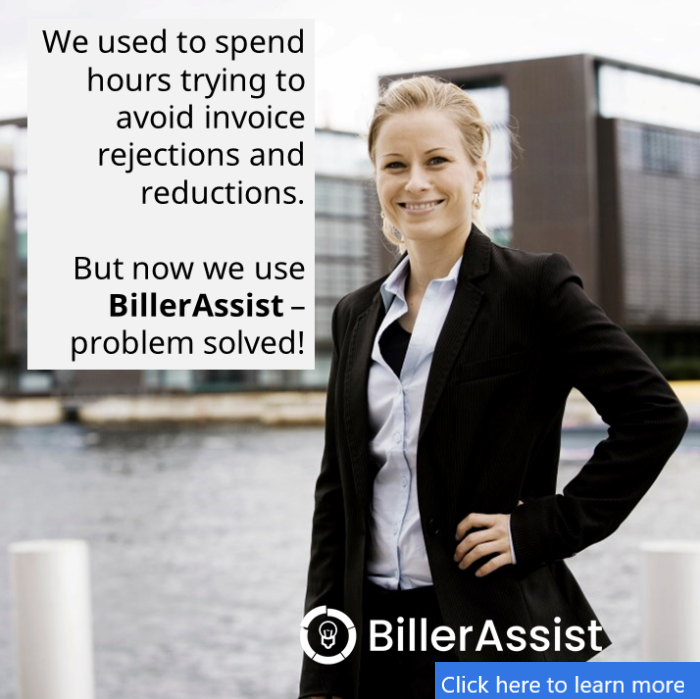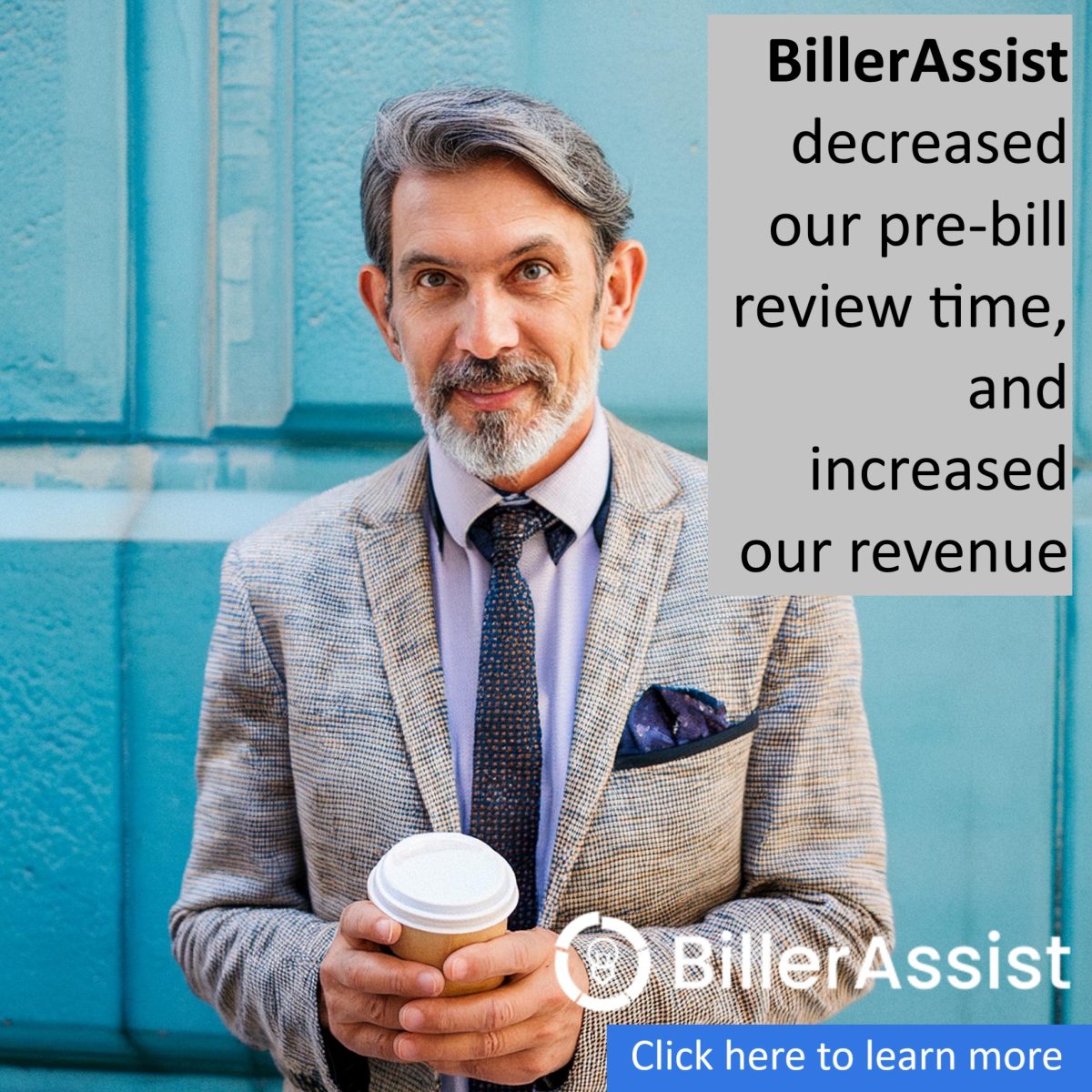Artificial Intelligence for Lawyers: Friend or Foe?
The number of people integrating artificial intelligence (AI) into their job is increasing along with the variety of applications for this cutting-edge technology.
Industries as far-flung as manufacturing to medicine, electronics to e-commerce, are all being transformed.
In fact, Statista projects exponential growth in worldwide AI revenues for enterprise applications.
Its widespread appeal permeates every industry and has a significant impact on the legal field as well.
In fact, there are countless ways that AI-powered apps might help lawyers — including litigators in particular.
News reports of “Chat GPT lawyers", “generative AI", and “AI hallucinations" have become frequent. However, the situation is not all bad.
Not every AI application in the legal field uses generative AI. Lawyers can already accomplish a lot of things more quickly and affordably thanks to a number of automated and machine-learning technologies. AI is already being applied in many different contexts and offers a ready means of shaping how clients can extract efficiency.
This article focuses on how law firms can improve efficiency and profits using AI, while avoiding the potential pitfalls of “generative AI' and “AI hallucinations".
Mapping the Terrain: What is “Generative AI"?
Although the term “artificial intelligence" has become somewhat of a buzzword, it usually refers to cognitive computing, which teaches a machine to perform jobs that were previously performed by humans. Artificial intelligence (AI) imitates some of the functions of the human mind, including speech recognition, language translation, and data- and pattern-driven decision-making.
“Generative AI" is a specific type of artificial intelligence. This is the type of AI that has become famous for “ChatGPT lawyers" and the potential for “hallucinations".
Generative AI is a form of artificial intelligence that is capable of creating new, original content such as text, images, videos, and audio in response to user prompts. It utilizes advanced mathematical models and vast amounts of data to generate outputs that mimic the patterns and structures of their input data, effectively producing new creations that resemble the learned material.
Generative AI has a wide range of applications across various industries, from art and design to technology and media.
Law Firms Are Already Using AI
Not all AI is “generative AI". Law firms and legal departments have been using more general AI technology to manage and lower risk, control legal expenses, and enhance analysis of financial and other internal data.
Contrary to popular belief, litigators have been using AI for many years. “It is not a totally new phenomenon, and the legal industry has been using AI in the litigation discovery process for nearly 10 years," according to a recent Information Age article. It's just going to keep changing.
The legal industry appears to have embraced AI the earliest when it comes to e-discovery. Litigators may now thread, batch, encrypt, and search more effectively than ever before thanks to AI.
Here, efficiency and productivity are crucial. With AI solutions, the amount of time spent on boring and menial jobs can be significantly decreased, if not completely eliminated. In reality, AI can dramatically increase the accuracy and speed of a wide range of manual operations and procedures in your legal practice.
This not only optimizes your time, but it will also allow you to provide your clients with greater efficiency. Additionally, having more time at your disposal will allow you to take on more cases and bring in new business, both of which will boost revenue.
Some Apprehensions Impending AI Adoption
Notwithstanding the benefits, AI still is not pervasive among litigators. When examined closely, the barriers preventing AI from reaching its maximum potential in the legal space turn out to be only imagined impediments – not real ones.
Job replacement is the first fear that surfaces at the mention of AI. Although the most menial and repetitive jobs will be replaced, it is now well known that new and less tedious job roles replace them.
More specifically, a recent Deloitte Insight report regarding technology in the legal space demonstrates that “technology has already contributed to the loss of more than 31,000 jobs in the sector but that there has been an overall increase of approximately 80,000, most of which are higher skilled and better paid.”
Although one of the primary advantages of utilizing AI is the reduction of low-skilled and high-turnover human resources, layoffs are never fun for anyone.
Some might consider this to be a negative or even insurmountable side-effect.
However, it is important to note that AI simultaneously enhances job satisfaction among high-skilled and valuable personnel, such as law firm administrative staff, paralegals, associates, and other key personnel. This in turn can lead to better employee retention rates.
Confidentiality and cybersecurity worries law firms. In one recent year alone, 22 percent of law firms experienced a cyberattack or data breach, which is up 14 percent from the previous year.
It is therefore important for law firms to assess how the particular AI application is using and storing any client data that might be provided by the law firm using the AI app.
However, cybersecurity publication CSO claims that by using self-learning algorithms to comprehend the expanding threat that customers confront, AI offers a proactive strategy for combating this quickly evolving threat.
Law firms that fail to change and continue to rely on antiquated technology are actually more vulnerable to cybersecurity threats and concerns.
Thus, AI can actually significantly reduce risk and boost cybersecurity rather than raising a legal firm’s cybersecurity risk profile.
In addition, other than the popular “generative AI" apps made available by the big legal research companies, more technologically astute attorneys could doubt AI services' capacity to deliver beneficial outcomes in the absence of substantial volumes of high-quality data.
In fact, the ABA Journal notes that “with increased computing power and more material, law firms and companies are evolving the practice and business of litigation. However, experts say these projects can be hindered by the quality of data and lack of oversight.”
The Algorithmic Society notes that further improvements in specific AI use cases can be achieved by “streamlining documents and making them computational, processes, and simplification of law, will combine to improve the quality of legal services. Variability will be reduced, decreasing the chances of errors… it will be focused on using data and other information to identify risks and develop appropriate mitigation strategies.”
However, even though AI needs data, litigators frequently already process and retain information in digital formats.
According to the same ABA Journal article, “every law firm has at least some digital client records, including email, billing, and word processing files, and many law firms have digital client files as the primary client file today."
In fact, several AI-powered applications in the legal billing space offer law firms the ability to use their own data to improve and automate various aspects of their billing process.
For example, these apps can use a law firm's previously approved and billed invoice data to completely automate LEDES/UTBMS coding, decrease the amount of time spent reviewing pre-bills, and improve compliance with Outside Counsel Guidelines and other client billing requirements.
Implementing such valuable tools now will prove more and more useful in the future, by generating more data you are then able to fine-tune the machine learning built in to the apps.
Conclusion
An almost limitless capacity to examine massive volumes of data at a startling pace will be available to law firms when AI's self-learning algorithms are combined with human-pattern recognition capabilities.
As the ABA Model Rules of Professional Conduct require, “[t]o maintain the requisite knowledge and skill, a lawyer should keep abreast of changes in the law and its practice, including the benefits and risks associated with relevant technology, engage in continuing study and education and comply with all continuing legal education requirements to which the lawyer is subject.”
Law firms will experience a rise in productivity and efficiency as AI-powered legal software continues to advance, and they will be able to eliminate ineffective legacy systems in the process.
Putting off implementing this state-of-the-art technology when others are already doing so would only limit your potential.






